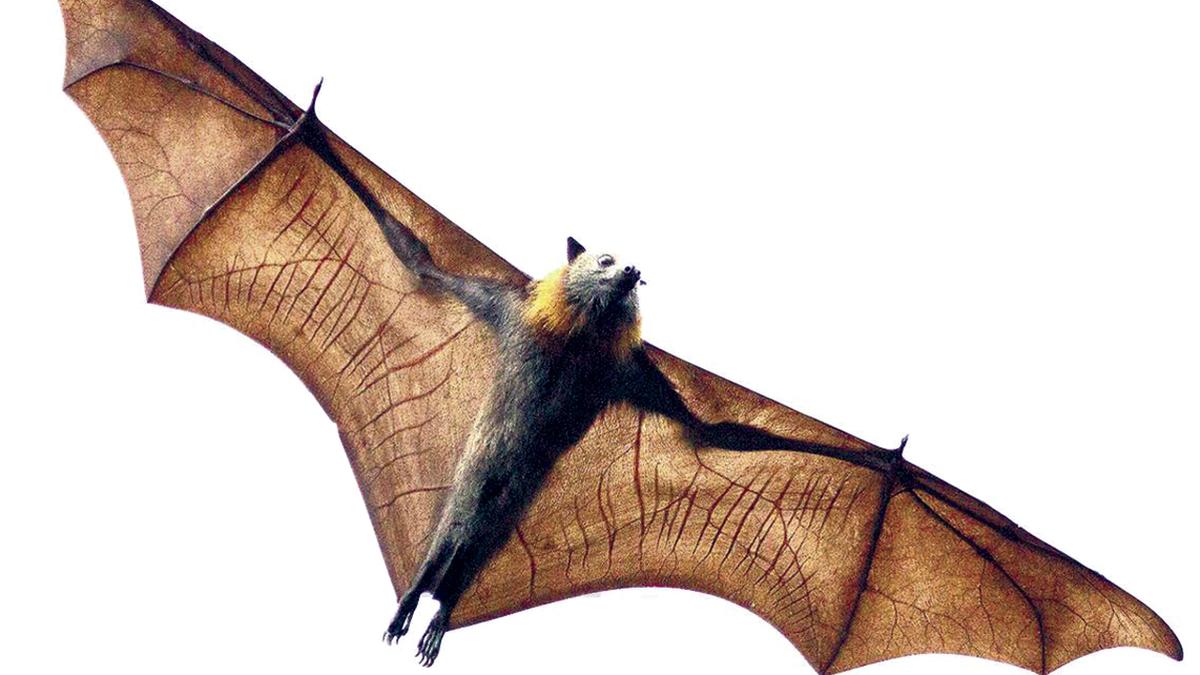The zoonotic disease is spread by large fruit bats which are natural reservoirs of Nipah virus.
The Director of Public Health has instructed the deputy directors of health to deploy medical teams at border check-posts round the clock to screen all symptomatic cases of acute encephalitis syndrome (AES) with protective equipment, especially in districts such as the Nilgiris, Coimbatore, Tiruppur, Theni, Tenkasi and Kanniyakumari.
The health personnel have been instructed to strengthen surveillance on AES that presents as fever with altered sensorium. The instruction comes in the wake of the death of a teenage boy from Nipah virus infection in Chembrassery near Pandikkad in Malappuram district.
The zoonotic disease is spread by large fruit bats which are natural reservoirs of Nipah virus. Humans could contract the virus if they eat the contaminated fruit.
Persons diagnosed with the syndrome from bordering districts of Kerala, especially from Kozhikode and Malappuram, should be followed up. In case of an outbreak, health personnel should alert government and major private hospitals on the outbreak and ensure that the AES cases are notified immediately to the district surveillance officers through the integrated disease surveillance programme and the integrated health information platform IDSP-IHIP portal.
Health personnel have been advised to strictly adhere to guidelines to prevent spread of the infection. Suspected Nipah patients must be isolated, and their attendants should not be permitted in the ward, the mortuary staff should wear protective equipment while handling Nipah victims. Air-sealed body bags should be used to transport infected dead persons, the DPH has said.




